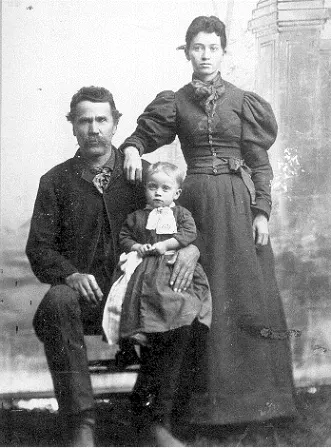Post by Doris McCraw
writing as Angela Raines
 |
| Photo of Elizabeth Blackwell from Wikipedia |
As a child of the 60s, I grew up with a lot of change in women's status. Those times brought a need to prove that women could overcome whatever was thrown at them. For that reason, we told ourselves stories from both the present and the past of women who had overcome. It was not about man bashing as it has come to be known, but instead calling out the inequities of the situations.
Abzug, and Steinem, were some of the current heroines. Blackwell, Stanton, Mott, and Stone were those heroines from the past. Someone to look up to, aspire to be like was heady wine to the women who wanted to be seen as equals. But, like all history, sometimes the stories told weren't the whole story.
 |
| From NPS.gov |
I will be talking on other blogs about the film "Roshomon" and its message. Suffice it to say, as the film illustrates, we tell the story we need to tell. (A simplified version of the lesson).
It was true Blackwell was admitted to college as a joke by the males of that all-male college. The part of the story left out by most was Blackwell's thoughts on the subject. In her autobiography, she mentions that what the men in the college thought, she didn't care. It was the way the women in the town treated her that she was hurt by. For me, that takes even more courage, standing up to the remarks of people who should be supporting you.
As women moved west they found new freedoms. While women doctors were shunned, especially back east, those who came west didn't seem to have it quite so bad. In Colorado, the medical society brought up the idea of admitting women in 1876. The American Medical Association admitted a woman to their ranks in 1874.
As we tell our stories, it helps to know why we tell the story we do. For me, National Women's History Month is important. Each generation that is removed from the original idea, unless they face similar problems, forget what it was like. For me, telling the stories of these people is important as is the challenges they faced.
Have a great March and tell the stories you need to tell.
Doris McCraw

Interesting that she was most hurt by the way the women treated her, as she expected more from them than the men. It's true that we can be our own worst enemies as a group at times. Thanks for posting.
ReplyDeleteI thought the same thing about her reaction, especially since it was an ill female friend who'd convinced her to become a doctor. That friend told her she wouldn't be in the pain she wsa in if she'd had a female doctor. Doris
DeleteI agree, Doris, that women's history and achievements are important and deserve to be celebrated. I also agree with Christine that having other women being bitter about such advances is disappointing. I will look out for the film you mention. Thanks for sharing
ReplyDeleteCelebrating the good is something that I believe in, no matter who it is. We forget how important what our predecessors did that makes our lives easier.
DeleteI hope you enjoy the film. It is a winner in my book. Doris
Rashomon and Citizen Kane are movies that create layers of questions and leave the viewer with no clear answers. They are both great for discussions. Looking forward to your upcoming blogs.
ReplyDeleteKaye, I agree with you on the films. They also show how point of view plays a big role in perception. I hope you find the future posts interesting.
DeleteI think I shall watch it again, in case I missed a point I hope to make. Doris
I agree that telling the stories of women who went before us is important. It helps us to realize that hard-won rights are not permanent and we will likely be called upon to fight for them again.
ReplyDeleteYou read my mind. I was saying the same thing myself to a friend who didn't believe me. Doris
Delete